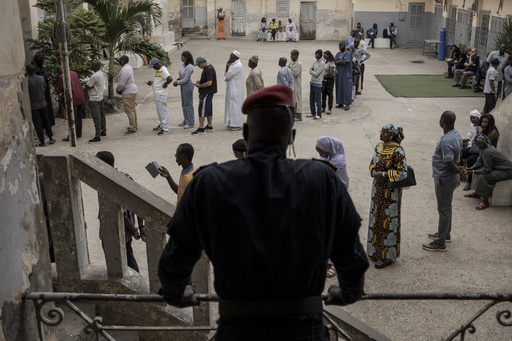
DAKAR, Senegal — In a significant electoral victory, Senegal’s ruling party, PASTEF, has emerged triumphantly in the recent legislative elections, securing 130 out of 165 seats, as reported by the national vote counting commission on Thursday.
This decisive win empowers the newly inaugurated President Bassirou Diomaye Faye with a strong mandate to implement the sweeping reforms he advocated during his campaign, which focus on tackling corruption, transforming the fishing sector, and enhancing the benefits derived from the country’s natural resources.
The main opposition coalition, led by former President Macky Sall, managed to obtain just 16 seats. On the election day, Sall publicly acknowledged PASTEF’s victory via a post on X, while two other prominent opposition figures accepted their defeat within hours after polls had closed on Sunday.
Prior to the elections, PASTEF maintained only 56 seats in the National Assembly, while Sall’s coalition had held a cautious majority with 83 seats.
Faye, who was elected in March on an anti-establishment platform, articulated that the lack of a parliamentary majority previously hindered his capability to implement his proposed reforms. In a strategic move, he disbanded the opposition-led parliament in September, facilitating an early legislative election.
Voting in Senegal, a nation known for its political stability, proceeded smoothly and without incident, even though the electoral campaign featured intermittent clashes between opposing supporters. International observers, including those from the African Union and ECOWAS, commended the process for its orderly conduct and noted the maturity of Senegal’s democratic practices.
At 44, Faye holds the distinction of being Africa’s youngest elected leader, having taken office less than two weeks following his release from prison. His extraordinary ascent mirrors a broader sense of discontent among Senegal’s youth regarding the country’s current trajectory—an emotion that resonates across Africa, which has a remarkably young population and is witnessing many leaders accused of holding onto power for excessive periods.
